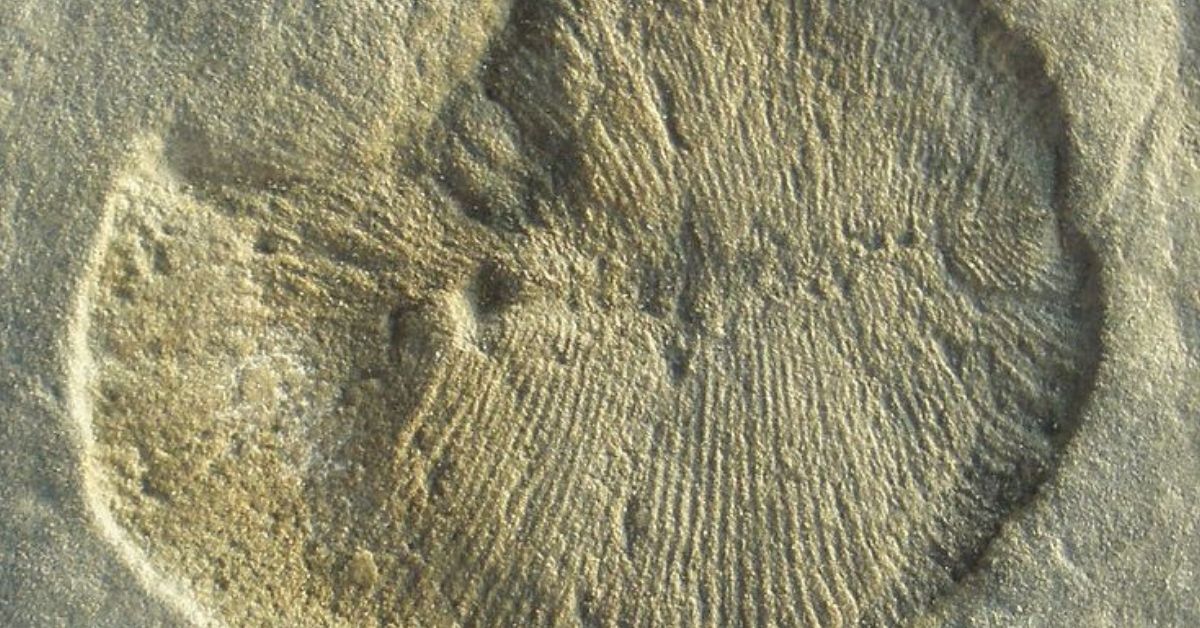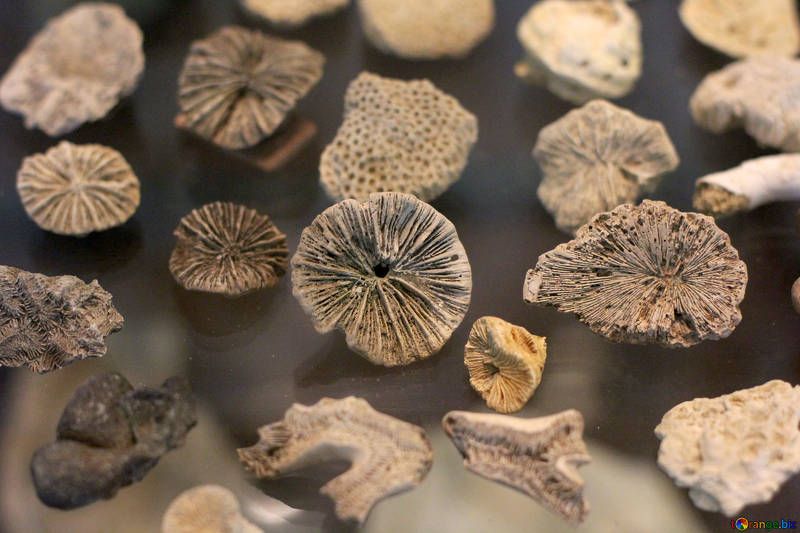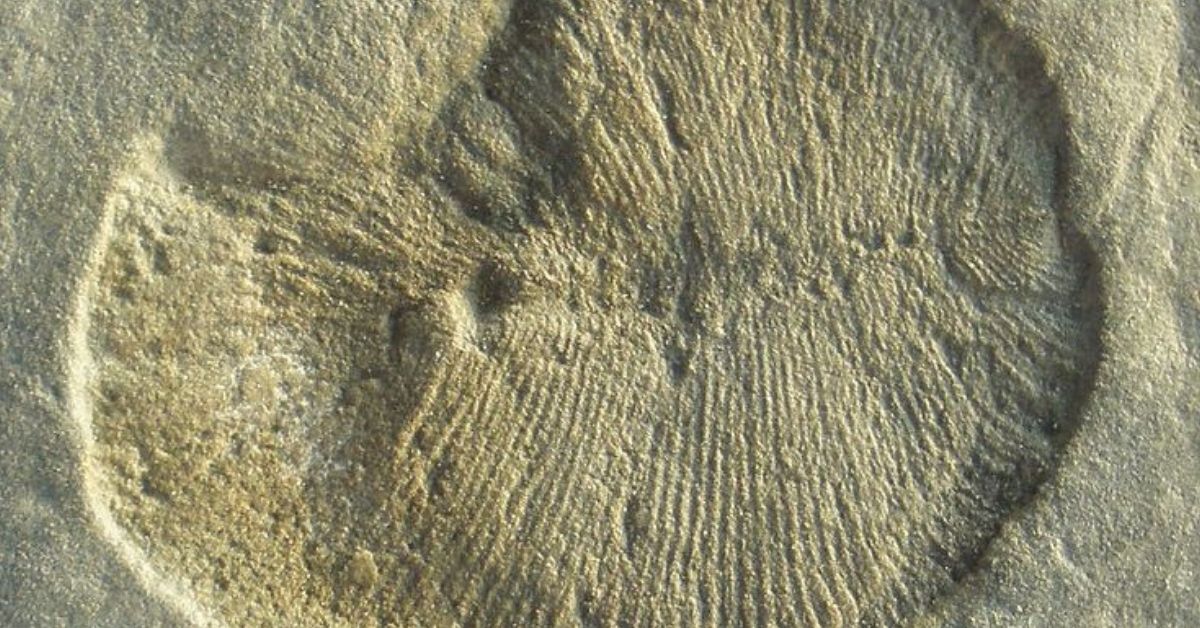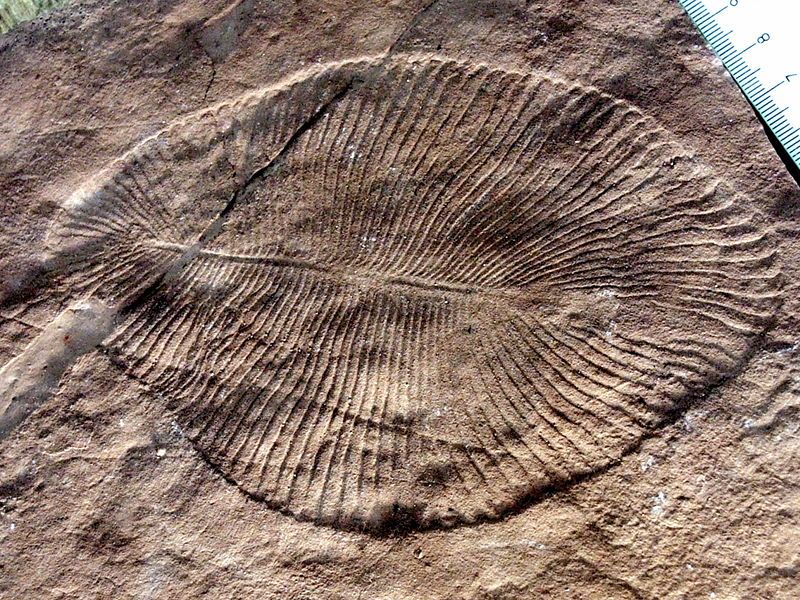The past is just as mysterious as the future.
But the good thing about the past is that there is some evidence that we can work with, despite the fact that these events happened long before humans set foot on this planet.
Archaeologists and paleontologists around the world work hard to discover the secrets of our past, and every year they baffle us with an exciting new discovery.
One recent discovery that's been getting a lot of buzz is finding the remains of the earliest known animal.
If you thought jellyfish and other sea creatures are old, you've heard nothing yet.
Scientists from The Australian National University (ANU) and other places in the world have discovered something interesting in an ancient fossil that belongs to a mysterious organism known as Dickinsonia.
This well-preserved fossil was found in a remote area near the White Sea in the northwest of Russia.
Molecules of fat found on the fossil were able to reveal that this animal was roaming the Earth 558 million years ago.
The strange creature is believed to have been five feet (1.4 meters) long and oval-shaped, with rib-like segments running along its body.
Scientists say the Dickinsonia flourished in the Ediacaran period, which was just before the "Cambrian explosion" of modern animal life, which included animals like worms, sponges, and arthropods.
Associate Professor Jochen Brocks from the ANU Research School of Earth Sciences is thrilled that a decades-old mystery has finally been solved.
"Scientists have been fighting for more than 75 years over what Dickinsonia and other bizarre fossils of the Edicaran Biota were: giant single-celled amoeba, lichen, failed experiments of evolution or the earliest animals on Earth," he said in a statement.
"The fossil fat now confirms Dickinsonia as the oldest known animal fossil, solving a decades-old mystery that has been the Holy Grail of palaeontology."
So, what does this all mean?
Think of Earth's history as a puzzle with billions of pieces.
It's always exciting to be one step closer to finishing the puzzle, and also better understanding our past.
[H/T: Live Science]




